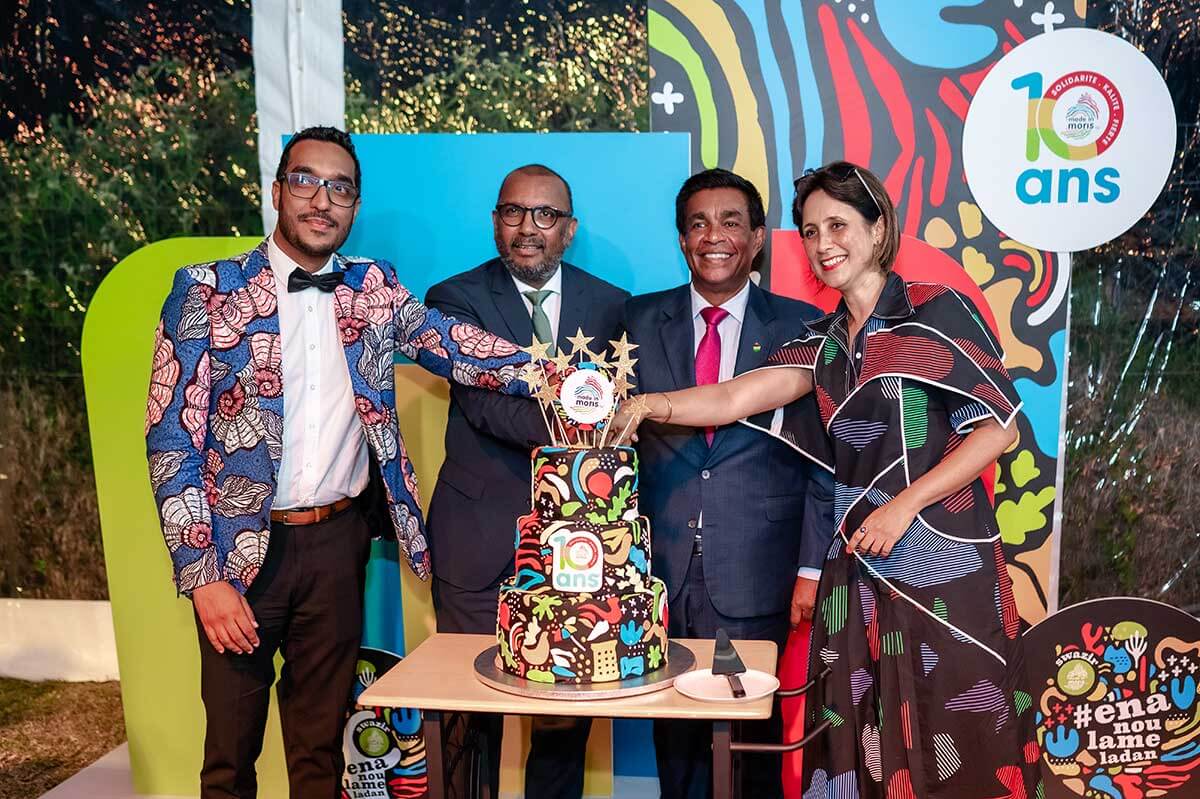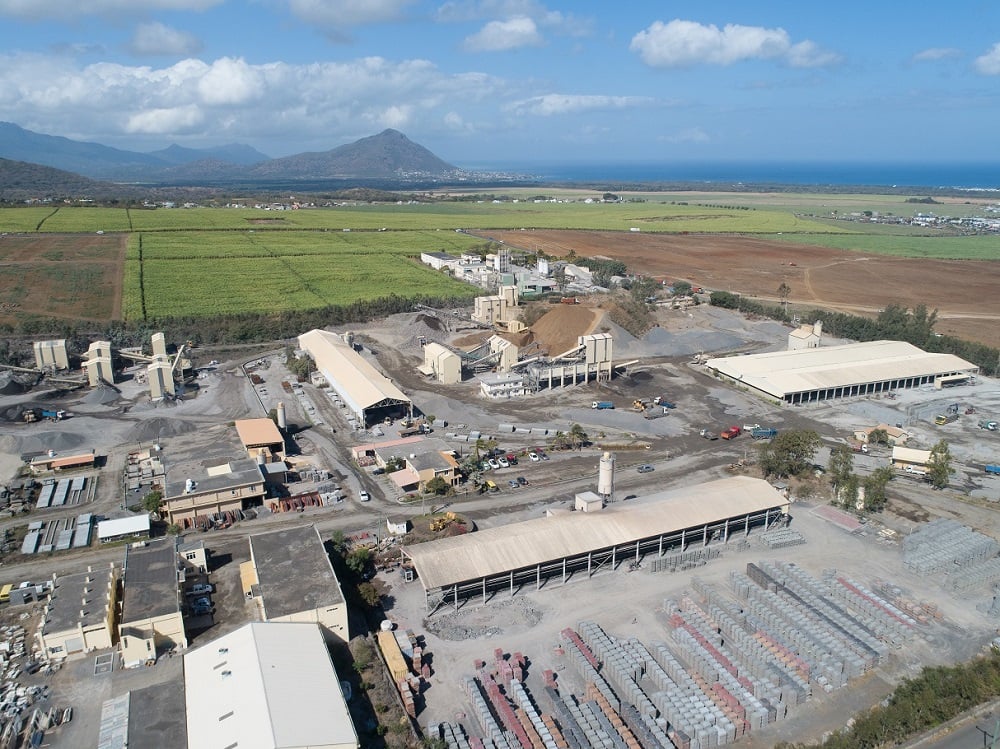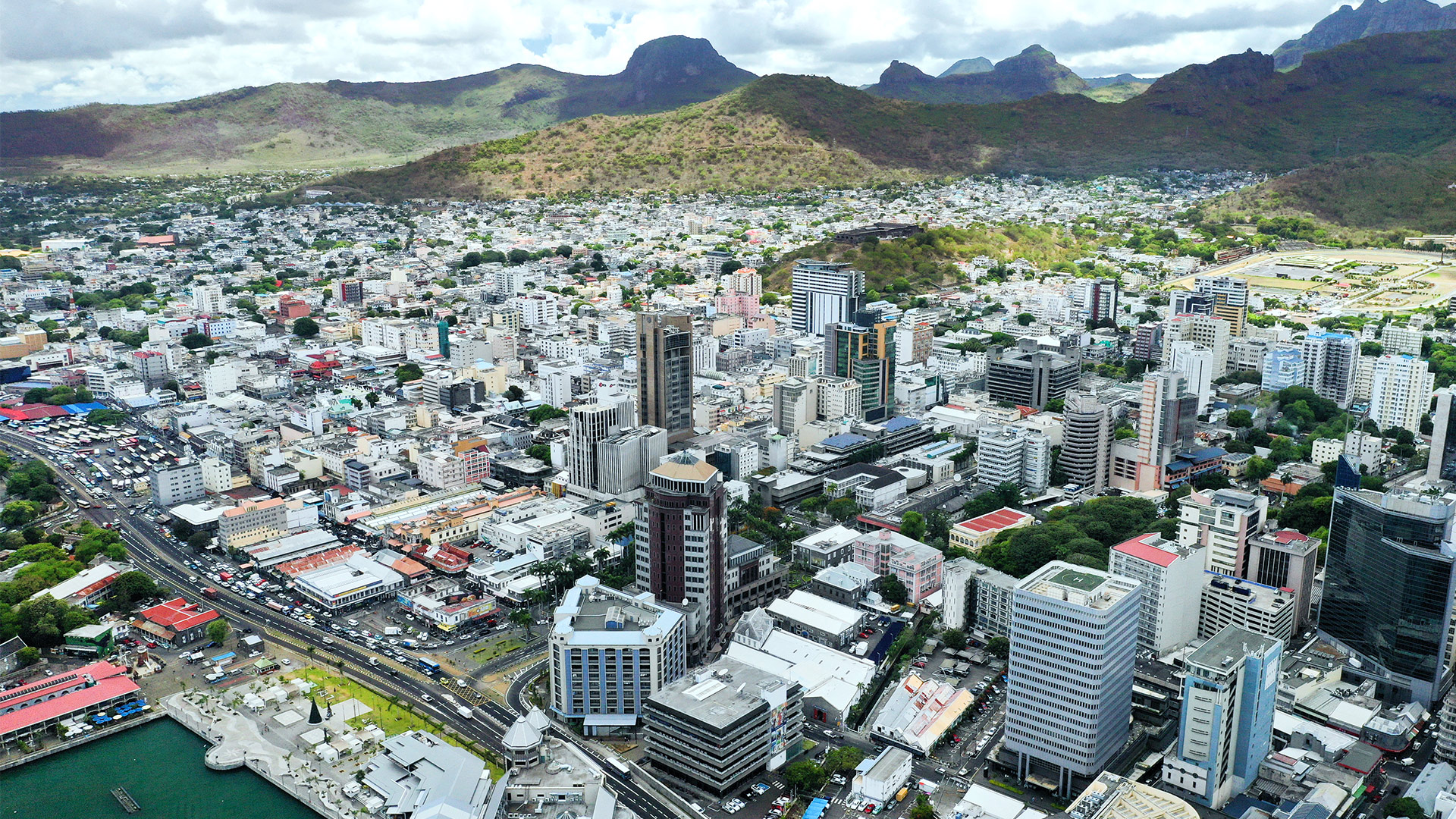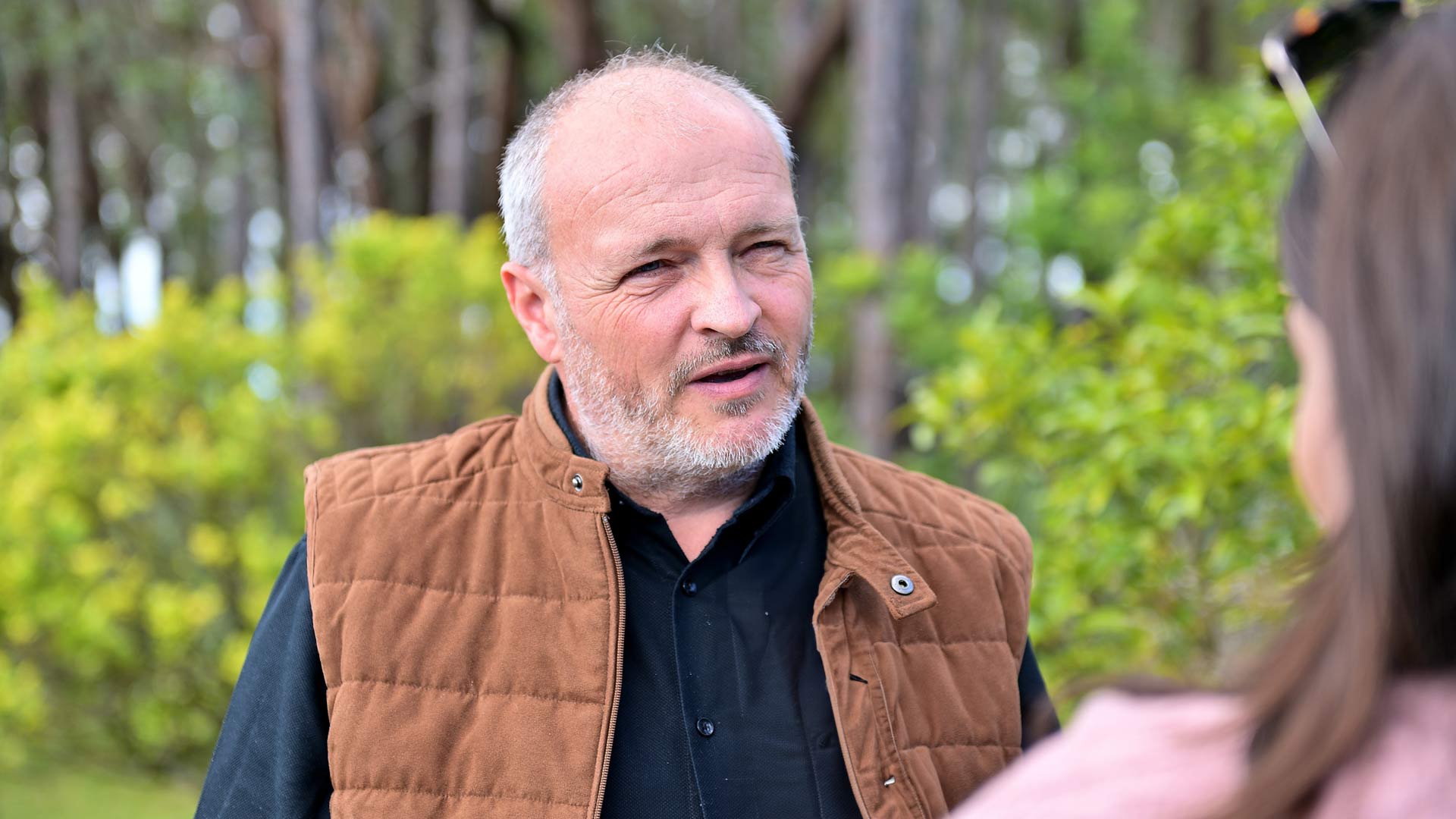- Home
- Investor Centre
- Sustainability
- Talent
- News
- TH!NK
- Corporate Governance
- Company Profile
- Board of Directors
- Community
Contact Info
Made in Moris: All hands on deck for Growth 2.0

In its ten years of existence, the Made in Moris label has done wonders for the improvement in the quality of local goods and their perception. A national effort is now needed to move up a gear.
It is good form these days to laud the merits of buying local as opposed to imported goods. After all, the socio-economic impacts of supporting the local economy have been well documented, if not well understood. And this, the proper understanding of what’s truly at stake, may well be the key to unlocking the untold potential of truly developing our local manufacturing industry so it can serve the local and regional economies as well as the growing number of tourists visiting our shores.
On Thursday, 9 November, in Les Kocottes, St Pierre, the label Made in Moris celebrated its tenth anniversary amid some well-deserved congratulations. As Finance minister Renganaden Padayachi remarked, “ten years ago, one did not boast of the local provenance of a product”. Today, thanks in great part to the relentless work of Made in Moris under the direction of Shirin Gunny, there is a doubtless sense of pride that comes with local manufacturing. As Made in Moris’ tagline says – “ena nou lame ladan”; in other words, there’s part of a collective “us” in it, it hasn’t been produced in some remote country by unknown people, but rather by our own.
Now, this emotional approach may not speak to everyone, in large part because for a long time, “local” has not necessarily been associated with quality. And a lack of quality means it does not make economic sense to invest in local production.
Then COVID-19 happened. The President of the Republic, Prithviraj Roopun, summed it up best: “In tough times when we couldn’t count on anybody else, it was our local manufacturers who had our back”. He went on to describe the concept of “us”, of the self-reliance that proved so important at that time, by using national air carrier Air Mauritius as an example. “Air Mauritius is like that old car in our garage that we don’t want to use. There is a lot of criticism about Air Mauritius but when we had our backs against the wall, it was the national air carrier that went to fetch medicine, people, and essentials for us.”
The good news is that these days, quality is no longer an issue for products that have the Made in Moris certification. To obtain the label, manufacturers have to adhere to some well-established step-by-step processes that encompass everything from the provenance of their raw materials to their bookkeeping, including the way they treat their employees. 3,800 products, including services, spanning seven economic sectors now have the label.
The numbers are good but not great. For supply to increase, demand must come knocking. Made in Moris’ roadmap is very clear on how to achieve this: a closer partnership with the Mauritius Export Association (MEXA) to help with the exportation of Made in Moris products. A helping hand from Business Mauritius by encouraging its members to sign the Made in Moris pledge, which is a commitment from local companies to use Made in Moris goods and services for their procurement needs. A fairer treatment from supermarkets to give more visibility to Made in Moris products on their shelves. A stronger Public-Private partnership to boost local production.
An example of that partnership is the recent setting up of the Mauritian Expo Virtual Platform, giving access to Mauritian manufacturers to a preferential market of more than five billion potential customers, thanks to the various trade agreements signed by Mauritius. There’s also the budgetary measure of providing a dedicated space within the Mauritius Duty Free Paradise at the SSR International Airport, to showcase Made in Moris products.
Air Mauritius has also flown in to save the day. Now a member of Made in Moris, MK is finalising the process of taking the Made in Moris pledge, thereby spreading the reach of local goods and services like never before.
To quote the President of the Republic, the goal should be that each tourist who leaves Mauritius does so with at least a Made in Moris product in their bag. For that to happen, he cautioned, “the quality of our products should aim for worldwide excellence and support the reputation that Mauritius has on the international scene – we are an international financial centre, a tourism hub, an example of democracy. Our products should reflect that.”
Add to this the real reason why all minds should focus on the development of the local economy: the multiplying effect of a local purchase. Buying “local” is an inclusive act; it creates jobs, it feeds people, it creates growth.
According to Yannick Applasamy, the President of the Association of Mauritian Manufacturers (AMM), when those products are manufactured following the norms set by Made in Moris that encourage methods such as circularity in production, energy transition, and waste management, it creates a local industry that is innovative, circular and socially inclusive, leading to economic prosperity.
And because the above criteria are aligned with MCB’s mission of contributing to a vibrant and dynamic local economy, the bank which is also Made in Moris’ founding partner, has revamped its Lokal is Beautiful Scheme to give preferential financing to Made in Moris-certified manufacturers to help them spread their wings.
What’s not to like?
Subscribe to our Email Alerts
Stay up-to-date with our latest releases delivered straight to your inbox.
Contact
Don't hesitate to contact us for additional info
Email alerts
Keep abreast of our financial updates.














